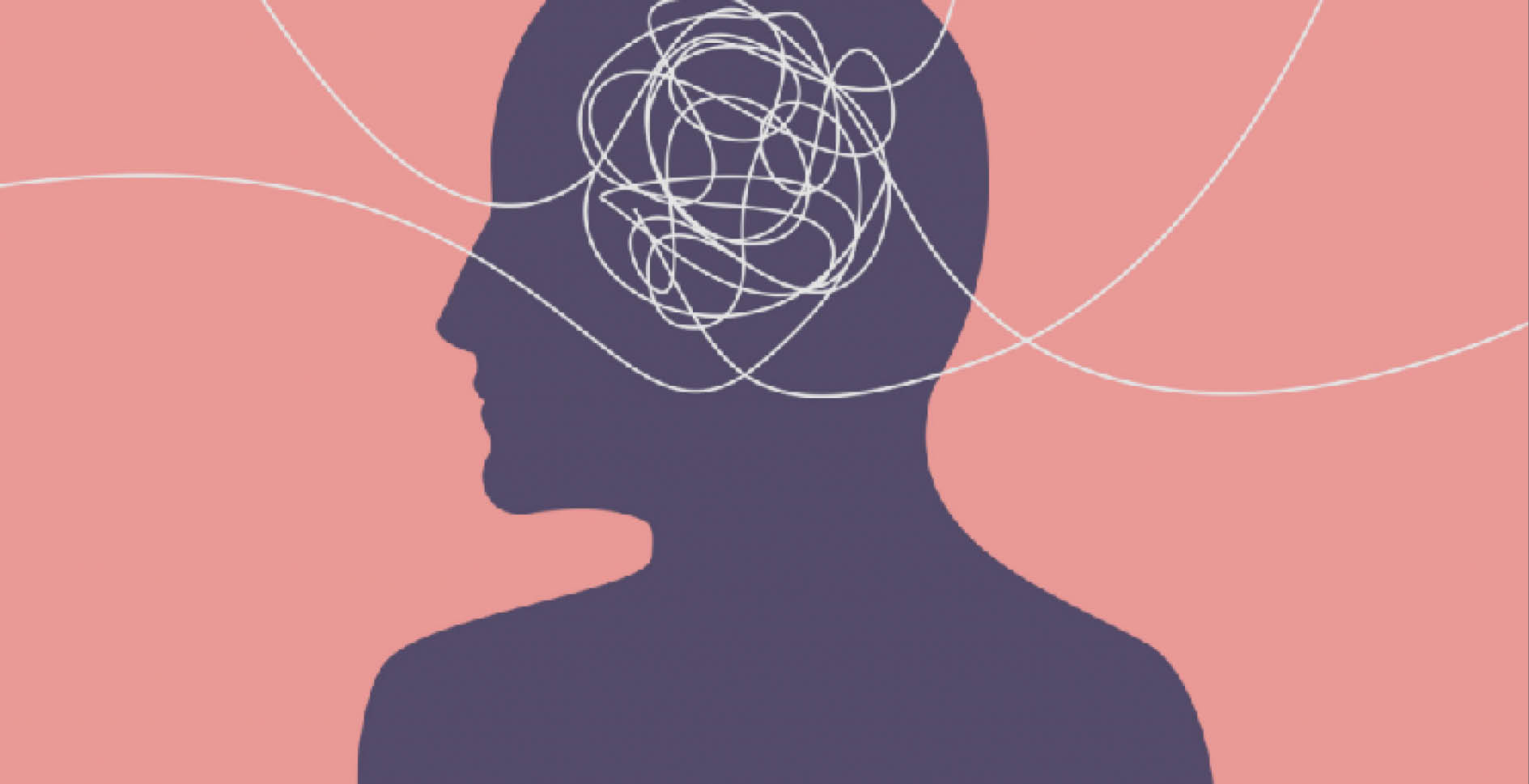The intricate relationship between mental health and addiction has been a topic of extensive research and discussion in recent years. Mental health issues and substance abuse often coexist, influencing and exacerbating each other. This connection can make diagnosis and treatment more complex, but understanding the link is essential for effective recovery.
The Relationship Between Mental Health and Addiction
Mental health disorders and addiction frequently co-occur, a phenomenon referred to as co-morbidity or dual diagnosis. Several factors contribute to this relationship:
- Self-Medication Hypothesis: Many individuals with untreated mental health conditions, such as anxiety or depression, turn to substances like alcohol or drugs to alleviate their symptoms. This self-medication can lead to dependency and addiction over time.
- Substance-Induced Mental Health Disorders: Conversely, substance abuse can trigger or worsen mental health conditions. For instance, prolonged use of stimulants like cocaine can lead to anxiety disorders or psychosis.
- Shared Risk Factors: Genetics, trauma, and environmental stressors can predispose individuals to both addiction and mental health disorders, making it difficult to separate the two.
Understanding this bidirectional relationship is crucial for effective intervention and treatment.
Common Mental Health Disorders Associated with Addiction
Several mental health disorders are commonly linked to substance abuse, including:
1. Anxiety Disorders
Chronic worry, panic attacks, and social anxiety can drive individuals toward substances as a coping mechanism. However, substances often exacerbate these conditions, creating a vicious cycle.
2. Depression
Feelings of sadness, hopelessness, and low energy are hallmarks of depression. Alcohol and drug use may temporarily numb these feelings but ultimately deepen the depressive symptoms.
3. Bipolar Disorder
The extreme mood swings in bipolar disorder can lead individuals to use substances to manage highs (mania) or lows (depression), increasing the risk of addiction.
4. Post-Traumatic Stress Disorder (PTSD)
PTSD sufferers may use drugs or alcohol to cope with intrusive memories, flashbacks, and emotional distress, putting them at a higher risk for addiction.
5. Schizophrenia
People with schizophrenia may turn to substances to cope with their symptoms, but this often worsens their mental health and complicates treatment.
The Role of Specialized Treatment Centers
Given the complexity of co-occurring disorders, integrated treatment is essential. This involves addressing both the mental health condition and the addiction simultaneously. Cities like Mumbai and Pune in India offer advanced facilities for such treatments.
Mental Disorder Treatments in Mumbai, India
Mumbai is home to world-class mental health facilities equipped to handle complex cases of dual diagnosis. Key features of these treatments include:
- Comprehensive Assessments: Detailed evaluations to understand the interplay between mental health and substance abuse.
- Personalized Therapy: Evidence-based approaches like Cognitive Behavioral Therapy (CBT) and Dialectical Behavioral Therapy (DBT) are tailored to individual needs.
- Medication Management: Safe and monitored use of medications to stabilize mental health conditions.
- Holistic Care: Incorporating yoga, meditation, and lifestyle counseling to promote overall well-being.
Deaddiction Rehabilitation Centers in Pune, India
Pune boasts several renowned deaddiction centers specializing in holistic recovery programs. These centers provide:
- Detoxification Services: A medically supervised process to remove harmful substances from the body.
- Therapeutic Interventions: Group therapy, family counseling, and relapse prevention strategies.
- Dual Diagnosis Expertise: Professionals trained to address both addiction and mental health issues.
- Aftercare Programs: Long-term support to prevent relapse and ensure sustainable recovery.
Importance of Integrated Treatment
Integrated treatment ensures that both mental health disorders and addiction are treated as interrelated conditions rather than in isolation. This approach includes:
- Coordinated Care: Collaboration between psychiatrists, psychologists, and addiction specialists to provide comprehensive care.
- Simultaneous Treatment: Addressing mental health issues and addiction at the same time to improve outcomes.
- Focus on Relapse Prevention: Teaching coping mechanisms and building resilience to prevent future episodes of substance abuse or mental health deterioration.
- Family Involvement: Engaging families in the treatment process to create a supportive recovery environment.
Challenges in Treating Co-Occurring Disorders
While effective treatment options exist, several challenges remain:
- Stigma: Social stigma around both mental health and addiction can prevent individuals from seeking help.
- Diagnosis Difficulties: Symptoms of addiction and mental health disorders often overlap, complicating accurate diagnosis.
- Treatment Accessibility: Quality treatment options may not be accessible to everyone due to cost or location constraints.
- Relapse Risks: High relapse rates necessitate ongoing support and monitoring.
The Path to Recovery
Recovery from co-occurring disorders is a journey that requires commitment, support, and professional guidance. The following steps can help:
1. Seek Professional Help
Consulting experts in mental health and addiction, such as those at Mental Disorder Treatments in Mumbai, India, is the first step toward recovery.
2. Build a Support Network
Surrounding yourself with understanding and supportive individuals can make a significant difference.
3. Adopt Healthy Coping Mechanisms
Learning strategies to manage stress, anxiety, and triggers is essential for sustainable recovery.
4. Stay Committed to Treatment
Recovery is a long-term process that requires persistence, even in the face of setbacks.
Conclusion
The connection between mental health and addiction is undeniable, yet it is manageable with the right approach. Integrated treatment models offered by facilities like Deaddiction Rehabilitation Centers in Pune, India, and mental health services in Mumbai play a vital role in helping individuals regain control of their lives. By addressing both aspects concurrently, these centers pave the way for holistic recovery, ensuring a healthier and more fulfilling future for those affected.

 Join Daily Trust WhatsApp Community For Quick Access To News and Happenings Around You.
Join Daily Trust WhatsApp Community For Quick Access To News and Happenings Around You.


